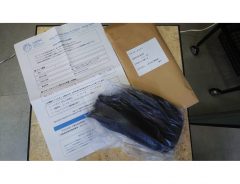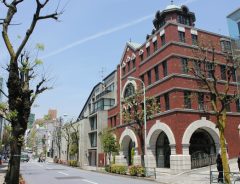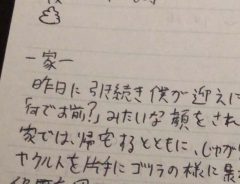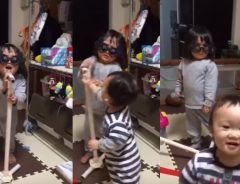- Tags:
- ageing / Children / Dōrozoku Map / intolerance / Map / noisy kids
Related Article
-

Kids Cutting Off Their Hair? It Might Just Help Another Child Regain Their Confidence
-

Tokyo Residents’ Claim Child Counselling Centre Will Affect Their Upmarket Town’s ‘Brand Image’ is Met with Backlash
-

What these fathers wrote to their children will make you laugh… or cry
-

Breaking news: we’ve all aged terribly [manga]
-

Little Japanese Girl’s Death Stare After Having Her Singing Interrupted Is Too Much
-

Girls envy confectioners and boys idolize police: top jobs in the minds of Japanese kids



Over the past year, situations like enforced work-from-home conditions and schools closing down have pushed many Japanese people to spend more time at home than they ever did before the pandemic. This unprecedented increase of people being stuck at home, coupled with coronavirus-related anxiety and instability, can be seen as likely contributors to the rise in popularity of a controversial Japanese site, called the “Dōrozoku Map”.
The “Dōrozoku Map” is an interactive map of Japan with a number of brightly colored dots placed atop certain areas. The word dōrozoku (道路族) is an online term that refers to people who are being noisy on the streets, and each dot on the map represents a user-submitted complaint about people — in many cases, children — who are believed to be causing ‘disturbances’ in the neighborhood.
Some of the complaints aren’t limited to just noise or children; a quick look shows complaints such as “children vandalizing flower beds” and “groups of teenagers skateboarding late at night.” However, the site’s creation was tied to grievances about loud children.
According to report by the Asahi Shimbun, the Dōrozoku Map was created by a man, who chooses to remain unnamed, back in 2016 because he was unable to work due to the noise of kids on his street. He said that he wanted to create the website so that users can find “better places to relocate to”, and that he has since moved out of his “noisy” neighborhood. Five years since its creation, the website now has over 6,000 different neighborhoods with at least one listed complaint.
Outside of the internet, there have been incidents in the past that show that Dōrozoku’s creator is not alone in his view. In 2012, a suit was filed against a daycare center by some residents in Tokyo’s Nerima Ward who claimed that the noise from the kids at the facility “must be stopped”. In one extreme case in 2014, a father who was picking up his child from daycare was threatened with a hatchet by a then 43-year-old man, who made phone calls to the municipal office the day before, complaining about daycare children being “too noisy.”
On the other side of the issue are the parents of young children, some of whom were surprised to find their area appearing in the map, and some of whom raised privacy concerns about users possibly visiting their location. The website can also be seen by complainants as a valid reason to oppose the construction of daycare centers in their neighborhood, something that the mayor of Tokyo’s Setagaya Ward has expressed facing difficulty with in the past.
Regardless of Dōrozoku’s original purpose, there are some parents and families who have been able to manipulate the website to work more in line with their needs. These parents view the map’s unlisted areas as a good option to buy a home in, because for every neighborhood where a new complaint pops up, there are a few others without, and the potential of even more neighbors who can be tolerant and welcoming to their kids.